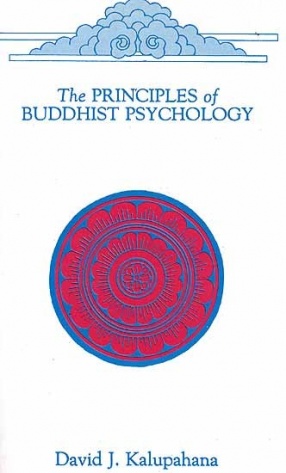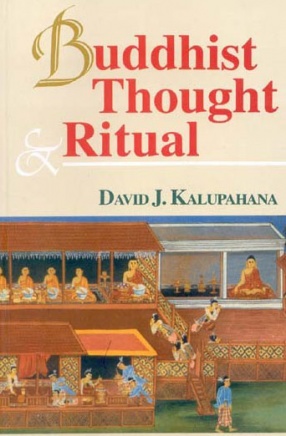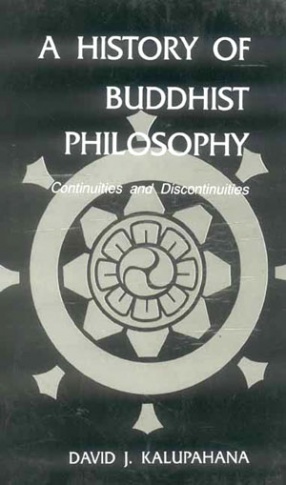Throughout the centuries, moral philosophers, both Eastern and Western, considered a permanent and eternal law a necessary requirement for the formulation of a moral principle. If such a law was not empirically given, it had to be determined through reason. In contrast, early Buddhism presented a radical theory of impermanence. Interpreters of early Buddhism have been unable to abandon the presupposition of permanence, and hence the presupposition of permanence, and hence have persisted in viewing nirvana or freedom as a permanent and eternal state to be contrasted with the impermanent world of sensory experience and bondage. This book is a balanced and brilliantly concise attempt to place the early Buddhist descriptions of the world of experience, the state of freedom, and the moral principle leading to such freedom within the framework of impermanence. Kalupahana begins the outlining the Indian philosophical background, particularly its deontological ethics and utilitarian traditions, and proceeds to analyze the presuppositions of these moral theories. A comprehensive description of the moral teaching of early Buddhism Follows. Kalupahana goes on to demonstrate the application of the moral principle in the explanation of society, economics, politics, law and justice, and nature.. The conclusion highlights the two important metaphors used in early Buddhist discourse: the stream (of becoming) and the lotus (of freedom).
The Principles of Buddhist Psychology
$49.50
$55.00








There are no reviews yet.